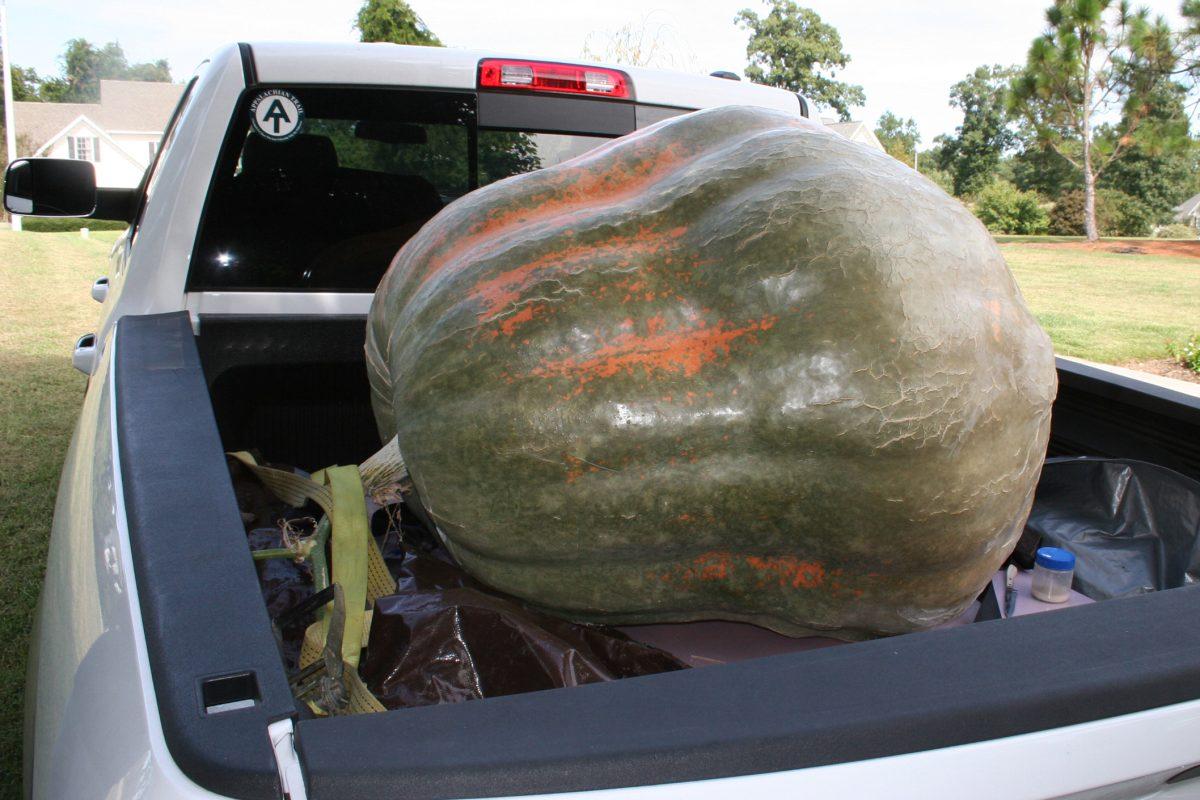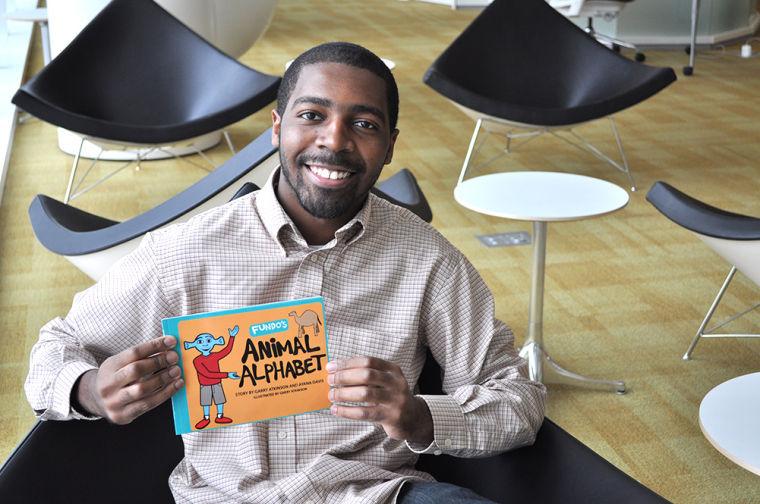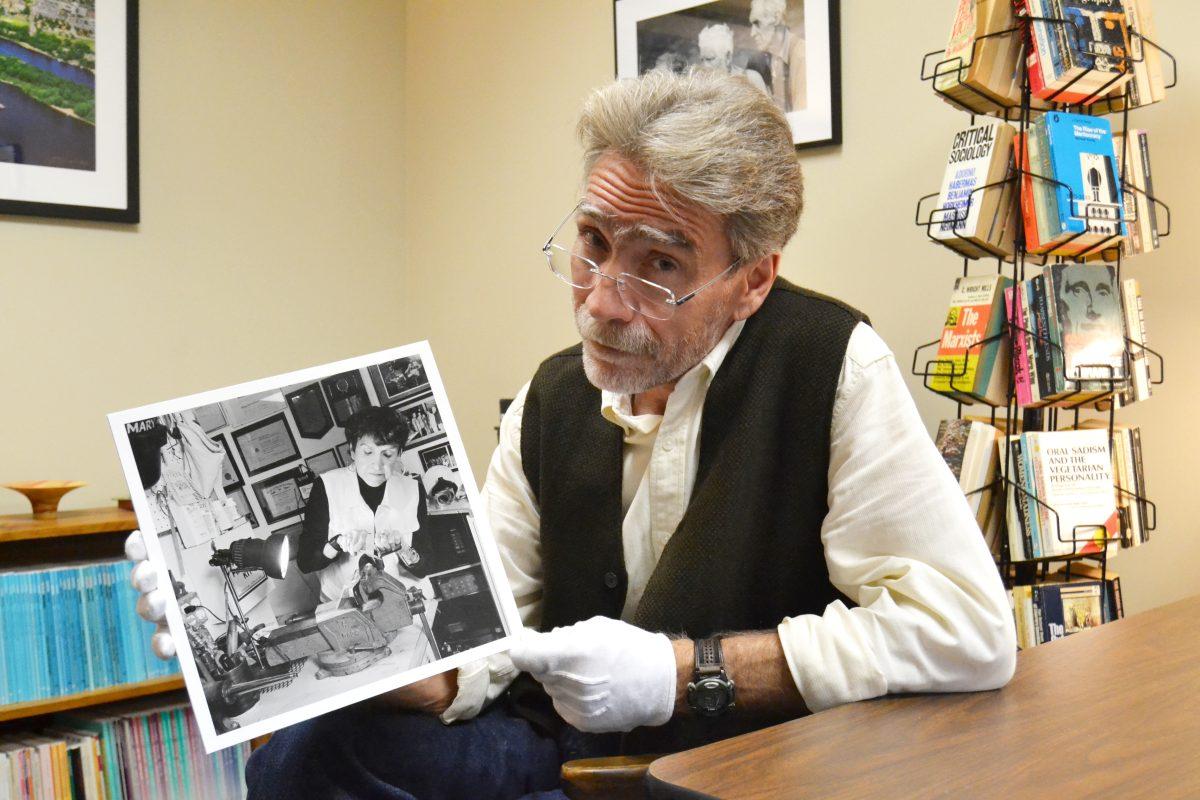The first rule of dumpster diving is to take only what you need, never more. The second rule is to use your senses. The third is to wash everything you find.
Tara Beck, an alumna who graduated with a degree in anthropology, said those are the three big rules when dumpster diving.
“Most people get a bit squeamish about food diving,” Beck said “I think that’s because we have a rather negative view about dumpster diving. You have to get over this negative idea. We’ve been trained to think that vegetables need to look a certain way; if there’s a spot on it then it’s automatically terrible. Most of the time what you’re going to find diving is the same as what you’ll find in the store.”
Diving can be done for one of two things: food or stuff. It takes a bit of luck, according to Beck, but several grocery stores and other types of stores surrounding N.C. State keep their dumpsters unlocked. It’s really only a matter of what a diver wants.
“People usually go diving for stuff but I’m not a huge stuff person,” Beck said. “I dumpster dive more for food. There’s a store close to State that separates their food out by produce and then everything else, this is the only place I go to dumpster dive. You can basically get eighty bucks worth of vegetables in one go.”
Following many store policies, anything that’s been in a store for more than a week has to be thrown out. If something is likely to spoil within three days, it’s to be dumped.
Non-food items are far less likely to be dumped, as they don’t typically spoil, according to Beck.
“The first time everyone goes dumpster diving, especially when they dive for food, they tend to stare awestruck at the amount of waste before them,” Beck said. “It’s not unusual to find a full dumpster.”
Beck has retrieved all sorts of foods, ranging from an entire box of bananas to 15 pounds of potatoes.
On a Sunday dive, Beck can almost always find what she said are her standards: a bag of potatoes, greens such as kale, baby carrots and apples. Beck said her food never comes in contact with the actual dumpsters, with everything usually being tossed out in boxes or bags.
“You have to remember that when you’re dumpster diving for food there are some things that are going to be bad, that’s just the way it is,” Beck said. “You’re going to wind up with lettuce that’s going over with a slimy touch to it or fruit that’s squishy. You’ll pretty much have a half-and-half dumpster, half good food, half bad food.”
Beck said if someone wants to give dumpster diving a go that person should travel with a buddy. Not everyone climbs into the dumpster but for those who want to, a buddy is essential when trying to get items out. It can become a difficult balancing act trying to climb out with spoils in hand.
“Dumpster diving isn’t fine art. We might not know it but we already know what to do,” Beck said. “It’s just like judging things from your fridge. If you look at it and it looks bad then it probably is. That, of course, means you shouldn’t eat.”
Jacob Rutz, a senior in plant and soil sciences, is another member of the dumpster diving community. Having dived for about a year, Rutz mainly dives for food.
“I started going to a couple of grocery stores, just trying it out with some friends,” Rutz said. “The first couple of times I went I saw that there was a lot of food in these dumpsters that was either completely packaged still in plastic or in the cardboard containers that fruits and vegetables are usually shipped in. They basically just place these packages in the dumpster where you can easily just pull it out.”
Rutz now dives about once or twice a week, finding everything from coconuts to organic brownie mix. Rutz said he has never gotten sick from his dumpster finds, sticking to a plan of cooking almost all of his finds—other than fruits, which he always washes well.
“The few times I’ve gone diving for products I’ve gotten lawn furniture, toys such as electronic helicopters, schools supplies such as paper, pencils and binders,” Rutz said. “I’ve found random things too like roller blades and baseball bats.”
Dumpster diving is a culture all of its own, according to Rutz. With the practice being something people tend to not understand, divers find a sense of community in their weekly outings.
“I’ve found that it’s a community building type of activity,” Beck said. “Once you find out someone dives it’s something that links you together. Diving is a relationship builder.”
What can be seen as Beck’s untold fourth rule is the elated feeling and adrenaline rush dumpster diving gives.
“It’s common sense mixed with kick-ass adventure,” Beck said. “There’s nothing like going on a dive.”




